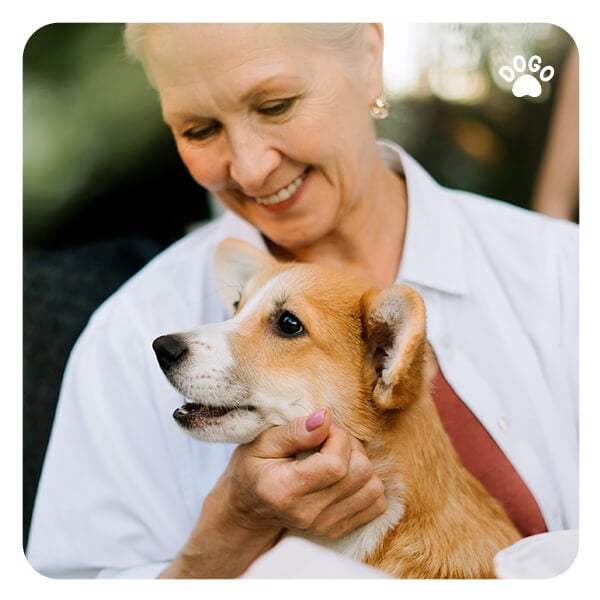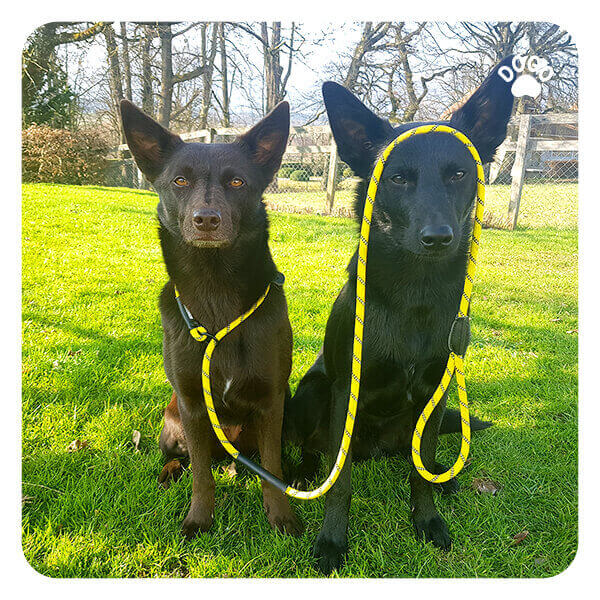Category: Dog Care
-

Help Your Dog Relax
In Dog CareDogs can experience stress for many reasons, and recognizing the signs and managing their environment can help them relax. Practical changes to routine, handling, and enrichment often reduce anxiety and improve well-being. Why Dogs Get Stressed Stress in dogs arises from acute triggers like sudden loud noises or brief separation and from chronic factors such
-

Dog and the Elderly – Is it a Good Match?
In Dog CareMany older adults consider dogs as companions and helpers, and choosing whether a dog is a good match depends on health, daily routine, living situation, and supports available. Benefits for physical health Regular dog care encourages movement and can make simple activity routines easier to sustain. Many health organizations recommend about 20–30 minutes of moderate
-

How to Take Care of Your Senior Dog Without Breaking the Bank
In Dog CareSenior dogs have changing needs that affect how you care for them at home and how you prioritize spending. Practical adjustments can maintain comfort and health while keeping costs manageable. Assessing Your Senior Dog’s Needs Many dogs are considered senior by about 7 years of age, though large breeds often age earlier and small breeds
-

When to Take Your Dog to a Vet
In Dog CareRecognizing when a dog needs veterinary attention depends on observing specific signs and responding according to severity. Life‑threatening emergencies Sudden collapse, unconsciousness, or an inability to breathe are immediately life‑threatening and require rapid action; seek emergency veterinary care without delay[1]. If a dog is unresponsive but breathing, keep the airway open, monitor breathing and pulse,
-

How Can You Stop Your Dog From Consuming Toxic Food?
In Dog CareDogs can be at risk when they access certain human foods, and practical prevention reduces accidental ingestions. Awareness of common culprits, prompt recognition, and consistent household practices help protect pets. Common toxic foods and mechanisms Xylitol, an artificial sweetener in many sugar-free products, can cause rapid hypoglycemia and liver injury in dogs at low doses;
-

Which Leash Should I Choose For My Dog?
In Dog CareChoosing the right leash involves more than fashion; it affects how you manage your dog and how your dog experiences walks and training. Why leash choice matters Leash length and design directly change stopping distance and handler control; a 4- to 6-foot (1.2–1.8 m) standard lead is commonly recommended for general walking because it balances
